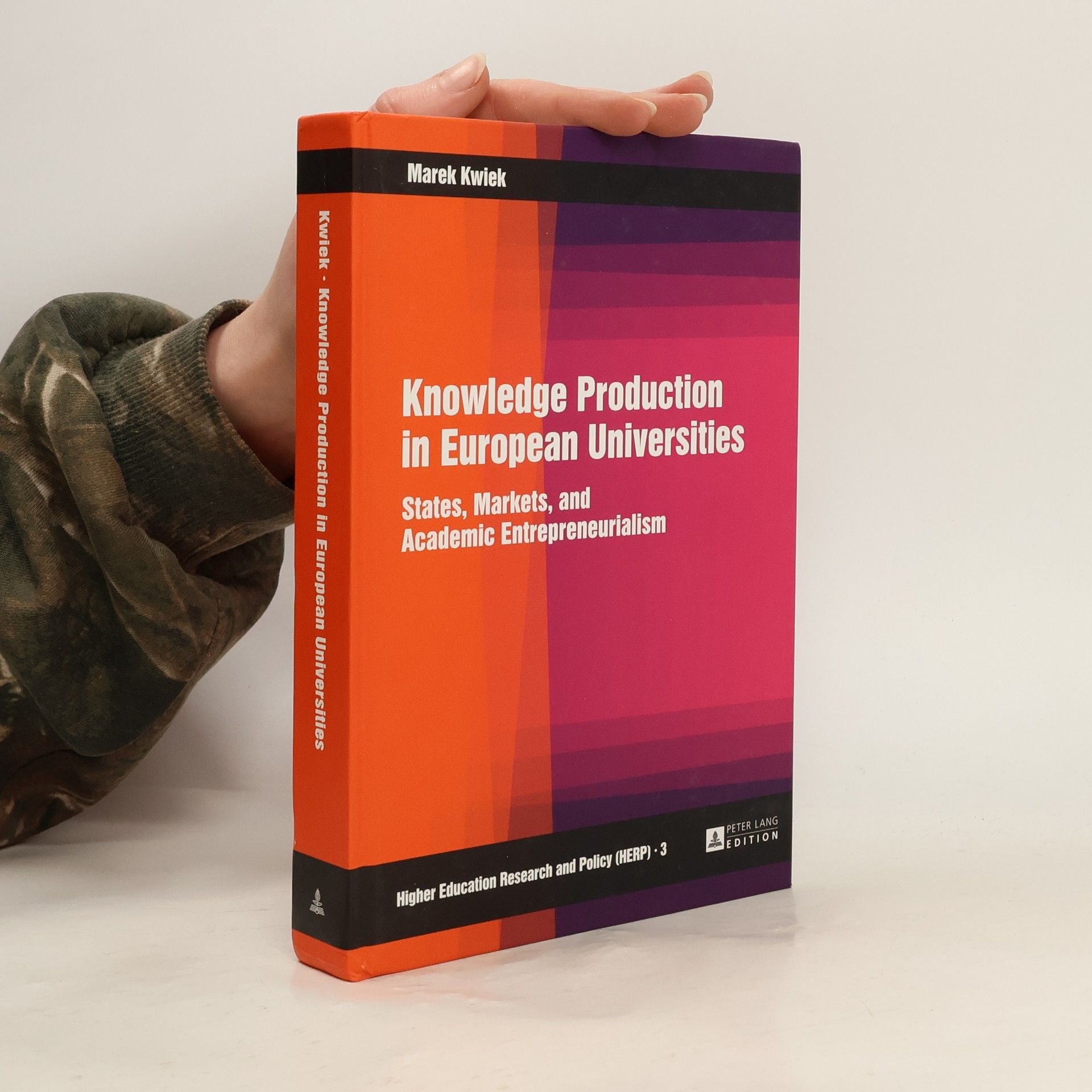Higher Education Research and Policy - 3: Knowledge Production in European Universities
States, Markets, and Academic Entrepreneurialism
- 486 pages
- 18 hours of reading
The book studies transformations of European universities in the context of globalization and Europeanization, the questioning of the foundations of the «Golden Age» of the Keynesian welfare state, public sector reforms, demographic changes, the massification and diversification of higher education, and the emergence of knowledge economies. Such phenomena as academic entrepreneurialism and diversified channels of knowledge exchange in European universities are linked to transformations of the state and changes in public sector services. The first, contextual part of the book studies the changing state/university relationships, and the second, empirically-informed part draws from several recent large-scale comparative European research projects.
